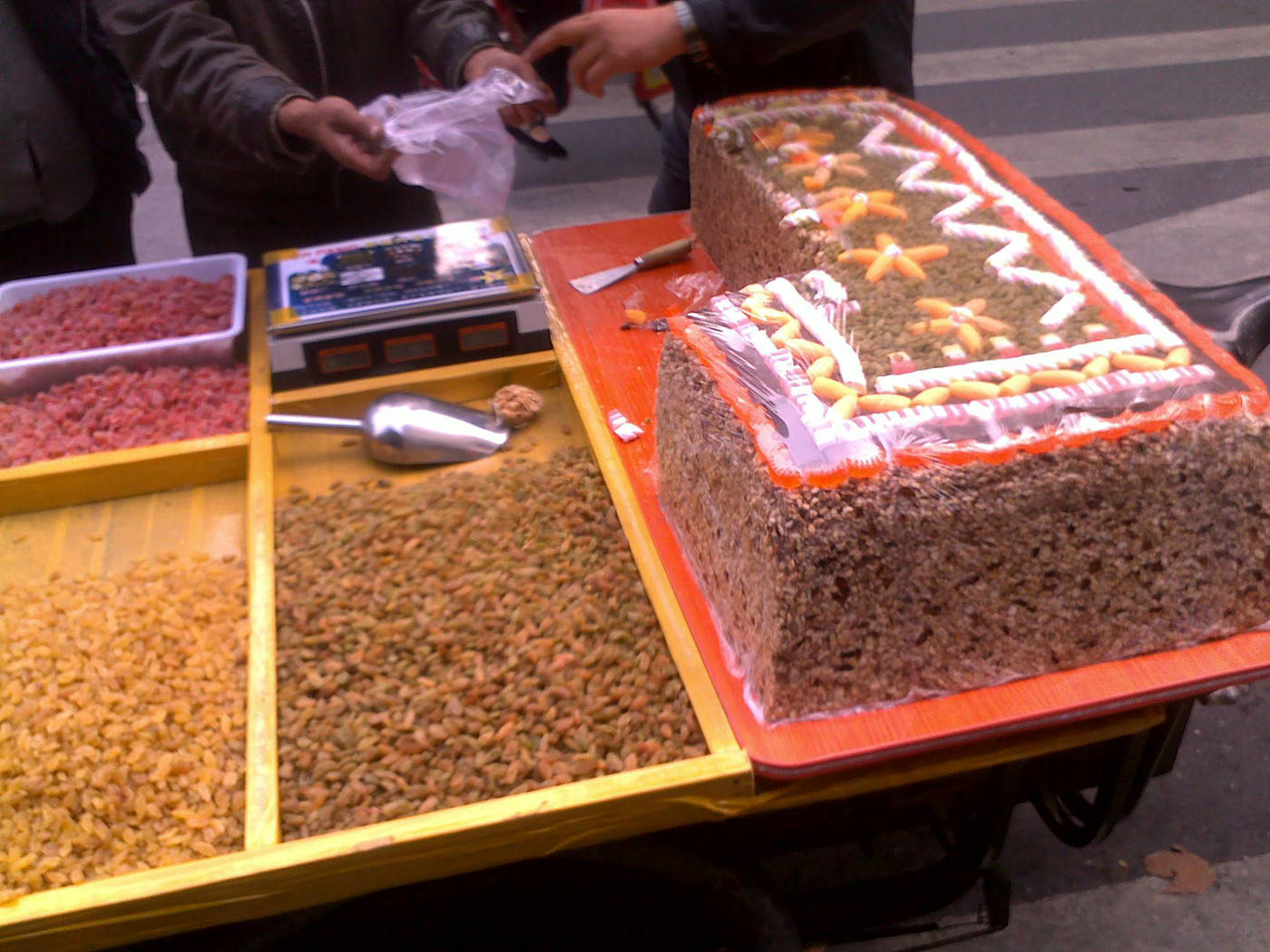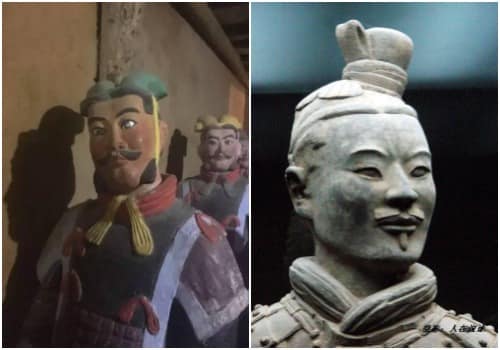China Travel Scams – Raw Advice from the Trenches
From a long-term expat who’s survived Beijing, Shanghai, Chengdu, Xi'an, Yangshuo etc and the sketchiest rural bus stations
Like any popular tourist destination, China has its share of scams. Seasoned travelers know that vigilance is key.
This guide, drawing from firsthand personal experiences, and other sources, highlights common scams, offers practical avoidance strategies, and outlines how to mitigate losses if you fall victim.
Part 1: Scams You’ll Actually Encounter in China 2025
🚖 Transportation Scams
- "Black Taxi" Nightmares at Beijing West Station
I got approached by a 'driver' holding a fake taxi sign. He quoted 400 RMB for a 10km ride to Sanlitun. Real taxis charge 50 RMB.- How it works: Fake drivers swarm train stations after dark. They’ll claim meters are “broken” or charge “night fees.”
- Local term: 黑车 (hēi chē) = unlicensed cars.
- Didi Drivers Gaming the System
In Yangshuo (Guangxi), a friend of mine encountered a driver taking a 30-minute detour around Moon Hill, inflating the fare by 150 RMB. Solution? They screenshot the route, reported it via Didi’s app, and got a full refund.
🎭 Street Scams
- Teahouse Scams (茶托 chá tuō)
In 2023, two ‘students’ near Shanghai Bund invited me to ‘practice English’ over tea. The bill was 2,000 RMB. When I refused, the owner blocked the door.- Red flag: Anyone overly friendly in tourist zones like Nanjing Road or Beijing’s Wangfujing.
- Xinjiang Cake Scam (新疆切糕) in Xi’an Muslim Quarter
Vendors sell nut cakes priced by “piece” but charge by gram after slicing. One traveler paid 500 RMB for a palm-sized chunk.

9 out of 10 street scams can be avoided by just not interacting with anyone who comes up to you and starts speaking to you.
🍷 Nightlife Traps
- Russian Bar Girls in Shanghai’s Former French Concession
I heard that someone ordered a ‘special champagne’ – turned out to be 8,000 RMB. The bouncers followed me to an ATM.- Bars to avoid: Look up "Bar Rouge" complaints (though many shady spots operate under changing names).
This scam, also prevalent in Japan and Thailand, involves being lured to a seemingly charming teahouse or bar, often by a friendly local (sometimes met on a dating app or through a chance encounter).
🎫 Fake Attractions
- Xi’an’s Fake Terracotta Army
Unofficial sites near the real museum display replicas and charge 200 RMB. Real tickets cost 150 RMB and include shuttle buses.

🏯 Overhyped "Scram" Spots
- Fenghuang Ancient Town (凤凰古城): Locals add hidden fees like “river maintenance” (50 RMB) to hotel bills.
- Yuyuan Bazaar (Shanghai): Vendors sell “jade” jewelry that’s actually plastic.
Part 2: How to Avoid Scams – Tactics That Actually Work
- For Taxis/Rideshares
- Didi Pro Tip: Always check the license plate matches the app. If the driver goes rogue, say: “我会投诉你” (I’ll report you) – they often cancel the fare.
- Legit Taxi Stands: Look for queues with staff in vests (e.g., Beijing Capital Airport’s official taxi line).
- Shut Down Street Scams
- To pushy “students”: Say “不用,谢谢” (No need, thanks) and keep walking.
- Cake Vendors: Point at the cake and ask “这一块多少钱?” (How much for this piece?) before they cut it.
- See more basic mandarin
- Survive Nightlife
- Bars: Ask for a menu first. If prices aren’t listed, leave.
- Tinder Dates: Meet in Starbucks or a mall – never a bar they suggest.
- Verify Attractions
- Terracotta Warriors: The only legitimate site is 秦始皇陵博物院 (Emperor Qinshihuang’s Mausoleum Site Museum).
- Great Wall: Avoid “restored” sections like Badaling. Go to Mutianyu or Jinshanling.
- Be Wary of "Free" Offers
If something seems too good to be true, it probably is. Avoid accepting gifts or invitations from strangers. - Be Assertive
Don't be afraid to say "no" firmly and walk away from pushy vendors or scammers.
Fight Back – How to Get Your Money/Pride Back
- Document & Report
- Take photos of scammers, license plates, or receipts (do this discreetly).
- Call 110 (police) or 12301 (national tourism hotline). In Shanghai, tourists have gotten refunds for bar scams this way.
- Social Media Shaming
Post on Weibo or Douyin (TikTok) with hashtags like #黑店 (black shop) or #骗子 (scammer). Tag the location – businesses hate public backlash. - Dispute Charges
- Didi: Use the in-app “路线问题” (route issue) complaint option.
- WeChat Pay: Go to Wallet > Transactions > Complaint to request refunds.
- Embassy Help
For losses over $500, embassies can provide local lawyer contacts (e.g., the U.S. Embassy’s ACS Beijing list).
Pro Tip
Bookmark this page and download AMAP (China’s Google Maps) to avoid fake attractions.
By being informed, vigilant, and assertive, you can minimize your risk and enjoy a safe and memorable trip. Remember, most interactions with locals are positive, and the vast majority of Chinese people are honest and welcoming. Don't let a few bad apples spoil your experience. While I encountered a few dodgy situations, I also met incredibly kind and helpful locals who went out of their way to assist me. It's all about balance and being prepared.
This guide is updated regularly with crowdsourced intel. Scammers adapt, but neither do we. 🕵️♂️